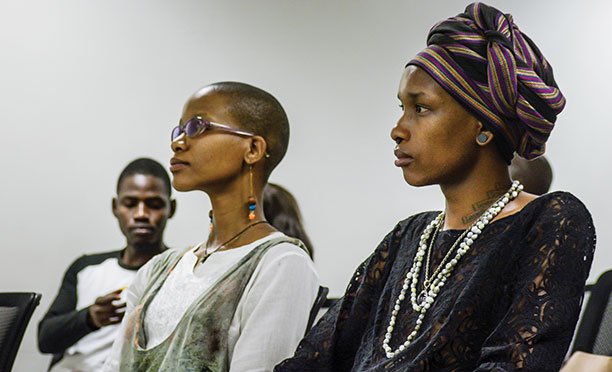Waste mitigation still a challenge in Botswana
Waste mitigation strategies in Botswana are lacking as most of the waste, in all different forms, is destined for landfills. This was revealed at a conversation event held in Gaborone on mitigating climate change through food waste management in Botswana.
Afrolutionist hosted the event in collaboration with Africa Climate Reality Project (ACRP). The aim of the conversation session, according to the organisers, was to create mindfulness on food storage, security, wastage and possibilities of the food carbon market in Botswana.
Said ACRP representative, Pako Kelesitse: “Recognising the many contributors to Climate Change, ‘The Conversation’ series which started by discussing ‘Food Waste’ will include talks ranging from architecture to event management, in relation to Climate Change, each with panelists from the respective sectors in an effort to highlight how different sectors may make their contributions to aiding Botswana reach its commitment to reduce her greenhouse emissions by 15 percent by 2030 and contribute towards our National Determined Contribution pledge.”
Meanwhile, founder of Afrolutionist Mmabatho Motsamai told The Midweek Sun that anyone could contribute to bridging gaps in food preservation through changing the narrative of their personal culture and lifestyle.
“The current culture of expendability results in people typically over-serving themselves either at events or at home, and developing a distaste for eating left over food. Instead of wasting food in a household, consider buying less products in bulk, using debris from peeled vegetables as compost and rationing your portions,” she advised.
Motsamai further said the common idea that an opulent lifestyle converting into food wastage means that food is being mixed with non-perishables such as paper, plastic and cans, which make waste management a little more difficult in segregating materials that can be recycled.
“In the instance of rotten food or food that cannot be consumed, consider churning it into compost or engaging with organisations such as Earth Love, that will soon be ready to collect and create biogas from household food waste.”




